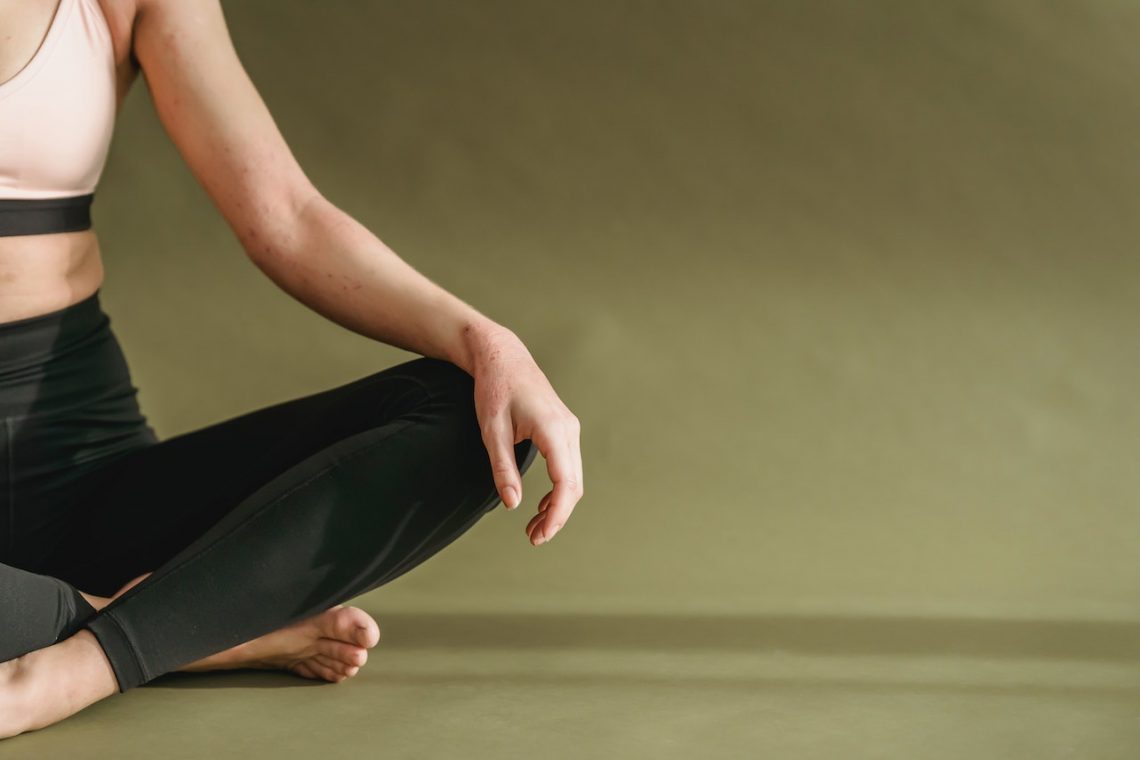
How Does Anxiety Affect Your Body: Anxiety Unmasked
Hello friends. If you are suffering with Anxiety or anxious feelings, I want you to know that you are in no way alone. It is estimated that as many as 31% of Americans will have an anxiety disorder at some point in their lives. I often see patients who come in with “physical” complaints like, chest pains, shortness of breath, headaches, digestive issues etc, and don’t realize that the underlying cause could possibly be tied to their emotions. Today, we’re going to take a closer look at some of the sneaky ways anxiety can affect our bodies. As a healthcare provider, I see firsthand how anxiety can take a toll on both our minds and our physical well-being. So, let’s dive in and explore just how does anxiety affect the physical body.
1. The “Fight or Flight” Response
When we experience anxiety, our bodies instinctively trigger the “fight or flight” response—a survival mechanism that was designed to prepare us for perceived “threats.” During this response, stress hormones like adrenaline and cortisol surge through our bodies, sharpening our focus, quickening our heart rate, and boosting our energy levels. This heightened state can be helpful in short bursts, but prolonged activation can have negative effects. For example, too much cortisol can cause rapid weight gain, mood wings, high blood pressure, and more.
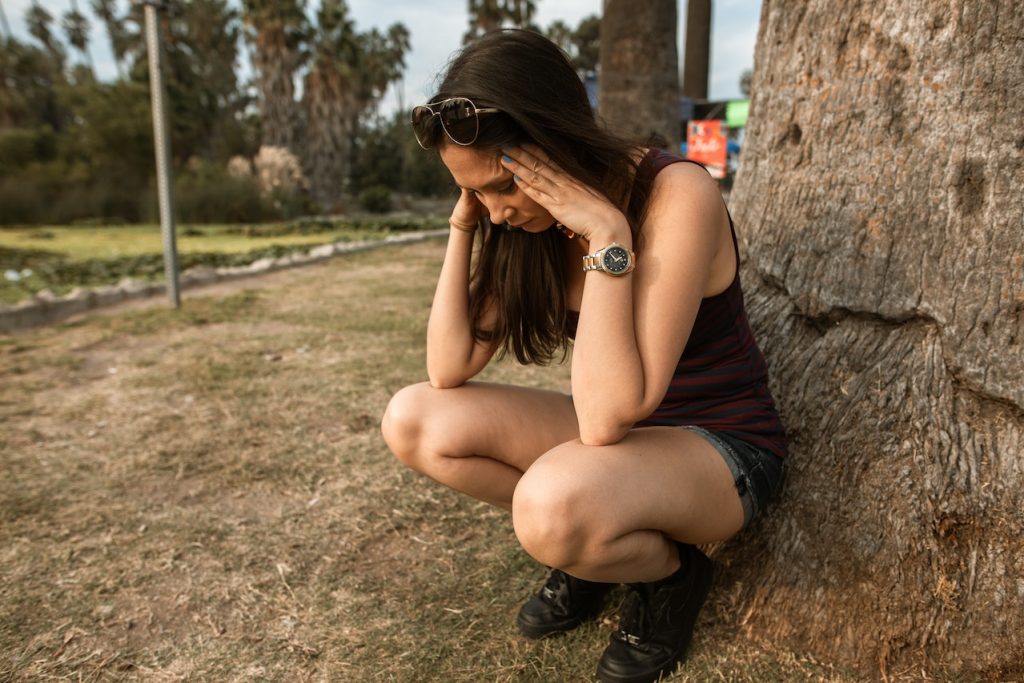
2. Heart and Cardiovascular System
Anxiety can affect our bodies by putting extra strain on our hearts and cardiovascular system. Increased heart rate and blood pressure are very common physical responses to anxiety. Over time, this can lead to an increased risk of chronic cardiovascular problems, such as hypertension, heart disease, and irregular heart rhythms.

3. Respiratory System
Have you ever noticed how anxiety can make you feel short of breath? That’s because anxiety can influence our respiratory system. This is just another way that anxiety affects the body. Shallow, rapid breathing, or hyperventilation, is a common symptom of anxiety. It can lead to dizziness, lightheadedness, and even panic attacks. Some individuals may develop a chronic condition called hyperventilation syndrome, where breathing patterns are consistently disrupted.
4. Gastrointestinal (GI) System
Our gut and brain are more connected than we realize, and anxiety can wreak absolute havoc on our gastrointestinal system. Nervousness, butterflies in the stomach, or even digestive issues like diarrhea, constipation, and stomach pain can be physical manifestations of anxiety. In some cases, chronic anxiety may even contribute to conditions like irritable bowel syndrome (IBS).

5. Immune System
Believe it or not, anxiety can have an affect on our body’s immune system as well. Prolonged stress and anxiety can weaken our immune response, making us more susceptible to infections and illness. Additionally, anxiety can exacerbate existing autoimmune conditions or make it harder for our bodies to heal from injuries.
6. Musculoskeletal System
Tension and muscle tightness often accompany anxiety. Have you ever found yourself clenching your jaw, experiencing headaches, or feeling knots in your shoulders? These physical symptoms can be a direct result of anxiety. Prolonged muscle tension can lead to chronic pain, muscle stiffness, and even temporomandibular joint disorder (TMJ).

7. Sleep Disruptions
Anxiety and sleep problems often go hand in hand. Racing thoughts, worries, and physical restlessness can make it challenging to fall asleep or stay asleep. Lack of quality sleep can further exacerbate anxiety symptoms, creating a vicious cycle. Adequate rest and relaxation techniques are crucial for breaking this cycle. I often recommend meditation before bed or guided meditations to fall asleep to. It can help your mind to focus on more relaxing thoughts as you drift to sleep.
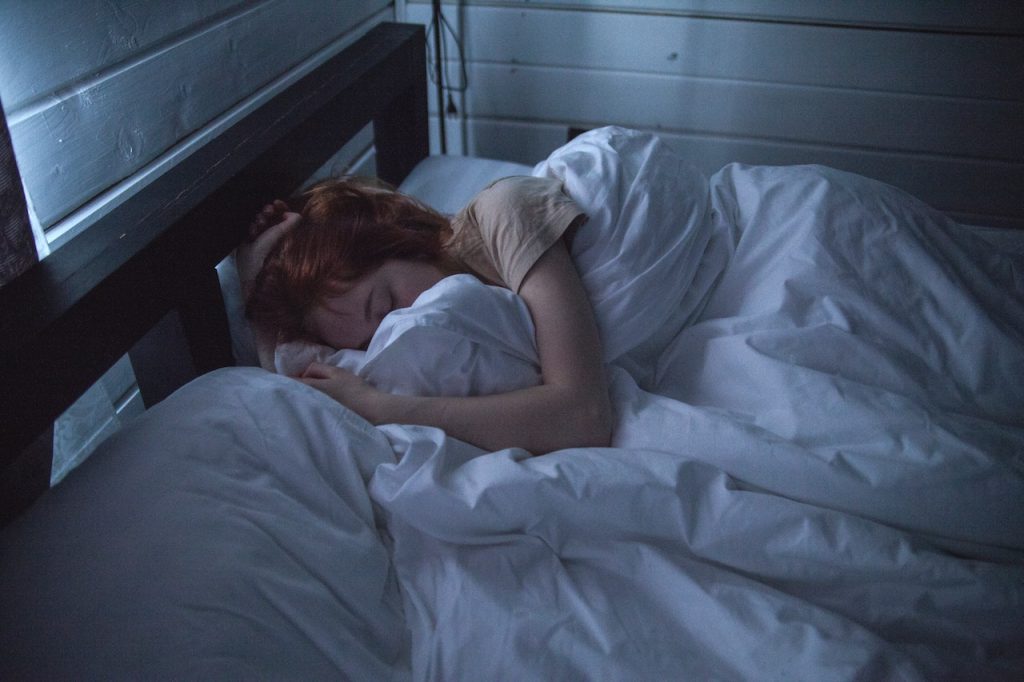
It’s important to remember that each and every person’s experience with anxiety is unique, and the affect on the body can vary from person to person. If you’re experiencing physical symptoms related to anxiety, it’s essential to seek professional help. A healthcare provider or mental health specialist can help you develop coping strategies and explore treatment options tailored to your specific needs.
Remember, you’re not alone in this journey. Taking care of your mental and physical health is a very courageous step towards overall well-being and I applaud you for it!
Disclaimer: This blog post is for informational purposes only and should not be considered medical advice. If you or someone you know is experiencing anxiety or any mental health condition, please consult a qualified healthcare professional.
If you are looking for Guided Meditations to help with your anxiety… Mindfulness.com is THE #1 guided meditation app and is offering 20% of readers of Empowered Well Being…
20% Off for Empowered Wellbeing Readers
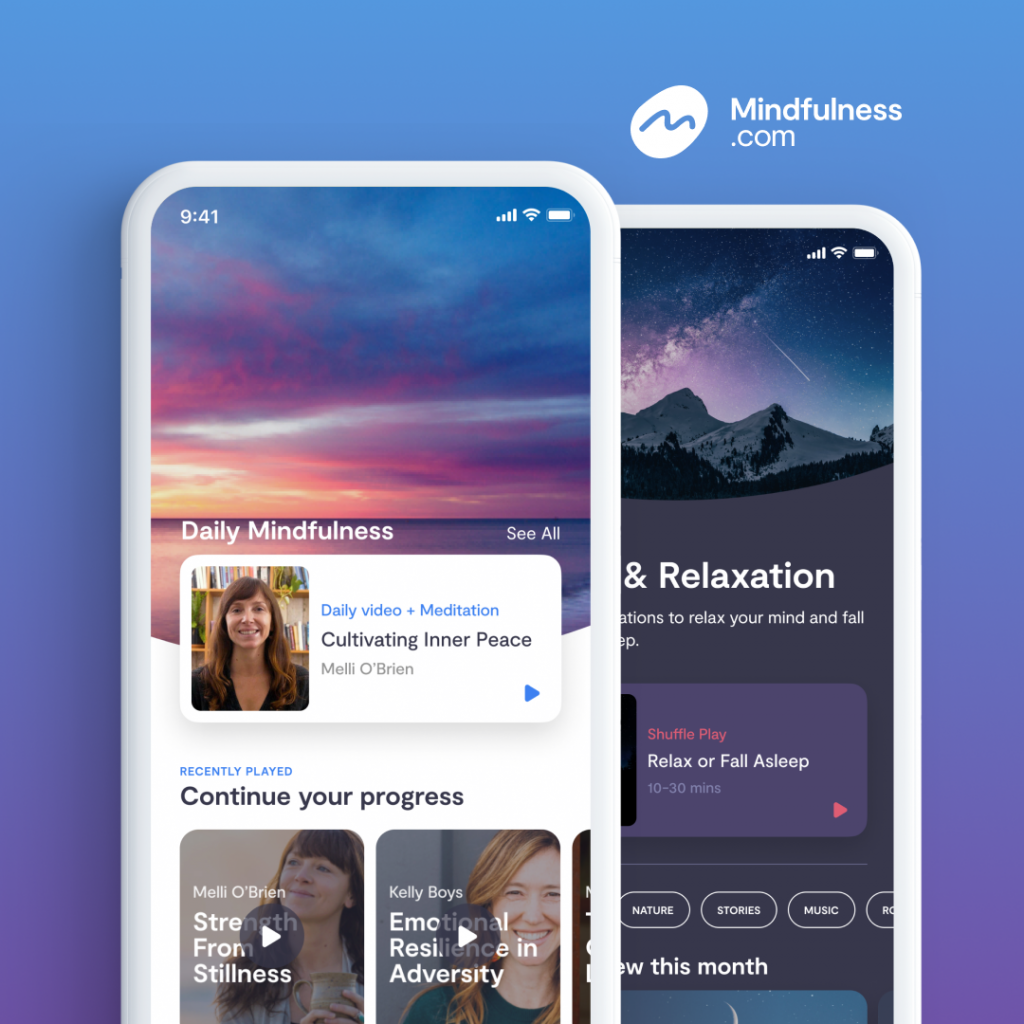




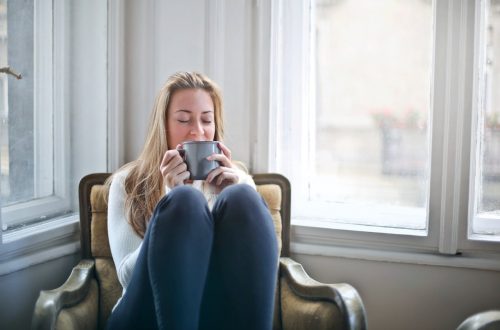


One Comment
נערות ליווי במרכז
I need to to thank you for this very good read!! I absolutely enjoyed every bit of it. I have got you book-marked to check out new stuff you postÖ